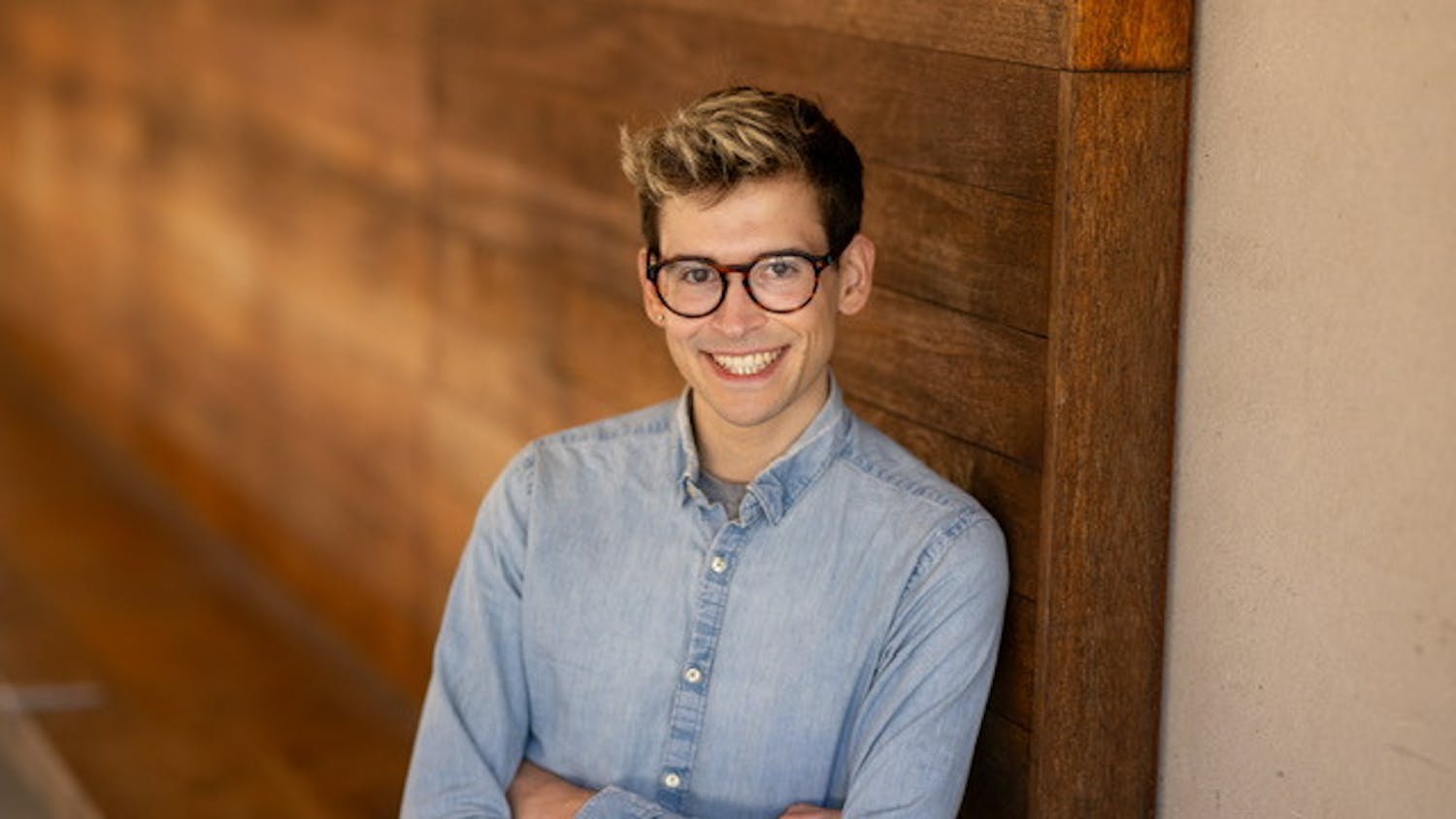President Barack Obama announced in January that one in five women — 20 percent — are sexually assaulted during their time at college. Leslie Fasone wants to lower that percentage at IU.
Fasone accepted the position as the new assistant dean three weeks ago for Women’s and Gender Affairs, within the division of student affairs. She will continue to advise the Culture of Care initiative, while fulfilling her new role in the Dean of Students Office.
Fasone will work in the area of women’s affairs and will develop programming that relates to improving the conditions on campus for women, as well as addressing the issue of sexual assault on campus.
She said her passion for women’s affairs became an important part of her life when she went to college at IU.
“When I was an undergrad, I had a number of friends who were sexually assaulted,” Fasone said. “I remember some distinct experiences where they would talk to me and they didn’t realize what had happened to them until they were talking to me.”
As a member of the women’s fraternity, Kappa Alpha Theta, Fasone said she became involved with the Panhellenic Association and sexual assault prevention in the sorority community at IU.
After college, she traveled to different Theta chapters to work with women’s groups on developing leadership skills and risk management skills.
In 2006, she returned to IU and worked in the greek community for the next six years.
While she was there, she received her master’s degree in mental health counseling and worked with students at the Alcohol and Drug Office.
“Those skills are very transferable to what I am doing now, especially when I work with any student who may have mental health issues or are victims of sexual assault,” Fasone said.
When issues of substance abuse or sexual assault would arise, she said she noticed a pattern that may have allowed peers to intervene and help. This idea is what fueled the development of the bystander intervention program at IU.
Fasone said bystander intervention is one of the four most effective strategies suggested to prevent sexual assault.
“We have two programs now for bystander intervention,” Fasone said. “One is general focus to teach students ways to intervene in different situations in terms of alcohol and drug use, mental health, respect, sexual assault and hazing. Then we also have the sexual assault focused program.”
Within her new role, Fasone will create programming to combat issues regarding sexual assault and make students aware of resources to help them in a dangerous situation.
“I think one of the aspects when it comes to women’s issues and sexual assault — and bystander intervention, even — is that so many of these behaviors among college students are intertwined,” Fasone said. “Women who have been sexually assaulted are more likely to use greater substances, alcohol use, and they are also likely to experience PTSD — Post Traumatic Stress Disorder — and have other mental health issues.”
She said student issues are all intertwined since students who are stressed may abuse alcohol in order to cope.
“The way I like to approach programming for students is to be very strategic and figure out what the students need,” Fasone said. “I’m very hands on because I think students have a lot of insight into their culture, and I think that their culture isn’t going to change unless students take the lead in changing that.”
Fasone said while she believes the University is good at responding to sexual assault, IU could improve on proactive programming.
She said that makes sexual assault prevention programming a top priority.
“Another aspect of this is really bringing the students together to be able to address this cultural issue,” she said.
Fasone said she wants to help students, staff and faculty to navigate services offered at IU, such as the Sexual Assault Crisis Service. The counseling the crisis center offers is free and has room for more utilization, she said.
“I strongly believe in counseling as an avenue for students and people to process and heal,” she said.
By identifying what the students think are issues, she said she can better develop priorities for programming and initiatives.
Associate Dean Carol McCord said the programming offered will address the needs and issues of women on campus, but students need to reach out.
“We are very willing to hear from people, and Leslie will respond to anyone who reaches out to her,” McCord said.
While Fasone is just in the initial stage of research and development for her new programs, McCord said Fasone is great at program development and evaluation and is
looking for suggestions from students.
“My goal is to figure out how to prevent sexual assaults from happening,” Fasone said.
The services and programs offered by the Office of the Dean of Students are available to graduate students as well, which is something graduate students don’t always realize, McCord said.
“The Dean of Students Office supports all students, but this gives us an opportunity to provide more than just responsive support, and to put more attention into looking for programming that might offset problems women students might have,” McCord Said.
Follow reporter Allison Wagner on Twitter @allmwagn.
Assistant dean brings focus to women’s issues
Get stories like this in your inbox
Subscribe



